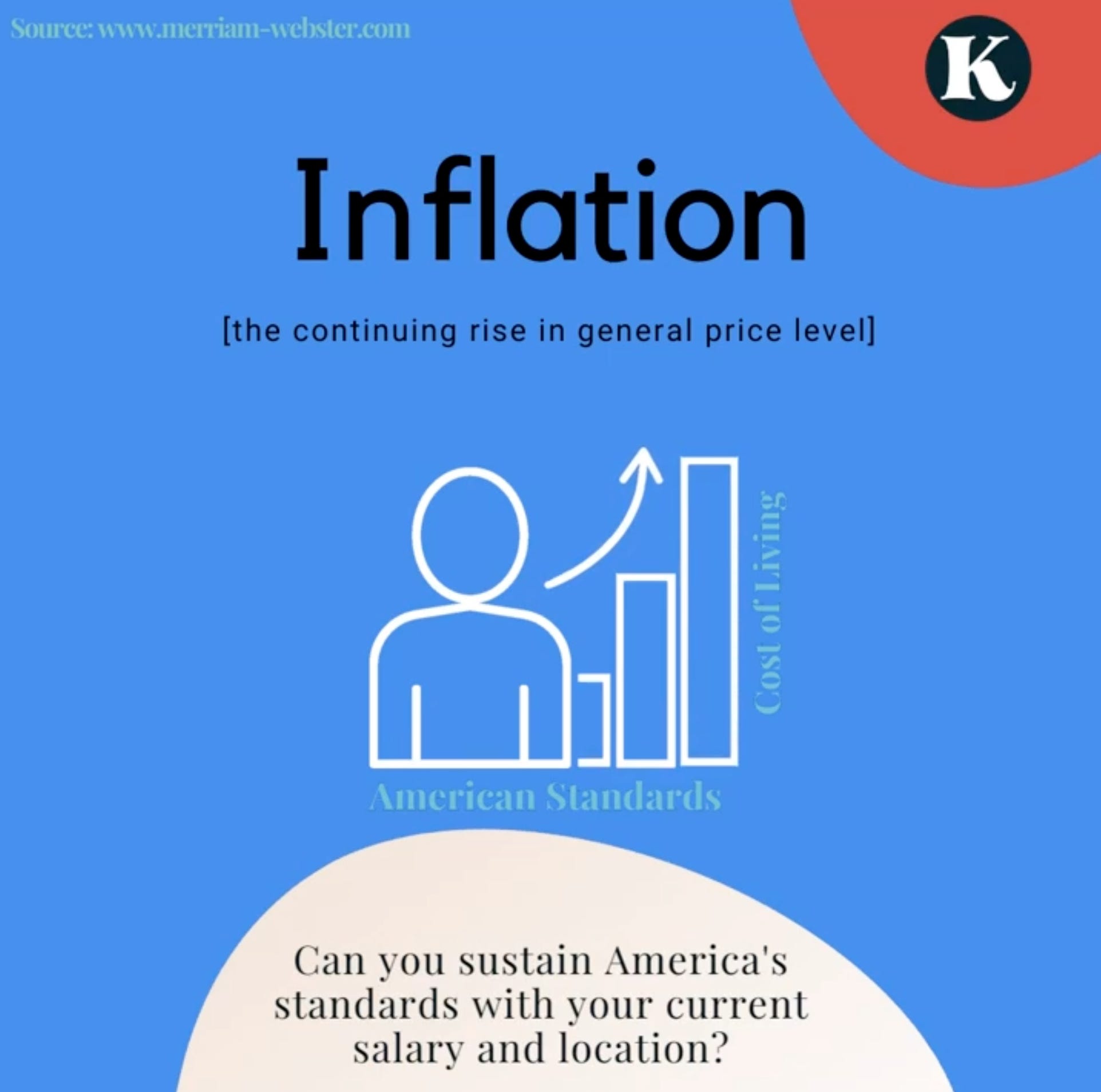
America is on Strike for Basic Dignity
The Working Class has had Enough with Rising Inequality
We’ve talked quite a bit about the rampant inequality in these modern times. Just this week, CNBC announced that 10% of the wealthiest Americans own 89% of all U.S. stocks.
Just another example of how the deck is stacked in the favor of the ultrawealthy.
And so it should come as no surprise that workers are sticking up for themselves fighting for a living wage, basic benefits, and work-life balance.
This past week, we had several major worker strikes (& almost strikes):
- Thousands of John Deere workers went on strike protesting the flat wages despite growing revenue
- IATSE, the union that represents Hollywood’s blue-collar workers (think camera operators and lighting technicians) were set to strike Monday but reached a deal just in time
- 1,400 Kellogg cereal workers went on strike for the first time in 50 years when workers demanded better benefits
- 2,000 hospital workers in Buffalo, New York
- 450 steelworkers in Huntington, West Virginia
- A one-day walk-off of 2,000 telecommunications workers in California
“The company is reaping such rewards, but we’re fighting over crumbs here.” - Chris Laursen, a worker at Iowa-based John Deere plant
Beyond the Great Resignation
The Great Resignation has been thrown around as a new buzzword, but there is something deeper going on. Yes, it is true that millions of American residents are quitting their jobs this year (I, for one, quit back in December), but have we stopped to ask why?
The ‘essential worker’ was coined at the early stages of the COVID-19 pandemic. It sounded heroic. It was all about solidarity.
But solidarity for what?
Solidarity to keep the upper and middle class happy during the pandemic. So that our food remained on the table. So we could get the care and goods we needed. It was a way to keep the harsh realities of the pandemic away from the eyes of the upper/middle class.
So how were these essential workers rewarded for their solidarity?
- Flat wages below the poverty line
- Limited PPE to protect themselves from a deadly virus
- Zero mental health support at a time when it is needed most
- No support for child care while schools were remote
- Abusive customers screaming about mask mandates
- No bonuses after record profits from some industries
It’s no wonder our workers are fed up.
The federal minimum wage has not budged from $7.25/hour (a mere $15,080 per year) for 12 years, but prices are 17% higher today. (have you heard about inflation lately?)

Even if Congress stood up to Kyrsten Sinema to raise the minimum wage to $15/hour wage, you’d still be earning less than $32,000 a year.
That is no way to live.
The truth is asking why the Great Resignation is happening is a threat to the powers that be. If we really look at the reality, it becomes clear that society needs to rewrite how we view work.
Stop Blaming Workers and Fix the Issues
The common narrative that has dated back to the Reagan Era is that low-income workers are “lazy.” They don’t “deserve” a living wage because of this.
This is an utterly false narrative that only serves to keep the powerful powerful and the poor poor.
Have you ever actually been in a low-wage job? Have you experienced crippling pain from trying to hit your quota in the number of Amazon orders you’ve boxed up? Have you worked 14+ hour days on a film set without a break?
Take the John Deere strikes. Salaried office workers are being forced by the company to go and work the factory floor. Just on the first day, an ambulance was called and a salaried worker crashed a tractor on the factory floor. And that’s the point the strikers are making. These essential jobs are highly technical and skilled. A random person off the street can’t take on these jobs without training.
The COVID-19 pandemic has pushed us to get out of our comfort zone, look at the world differently, and expose the uncomfortable things about our society. Low-wage work is at the top of the list. Seeing how essential the work really proves that essential work should be livable work. If these workers and their jobs are so essential, then they should be paid that way.
Reframing to Win with Narrative
And that leads to the final point, this year, workers are taking back the narrative and saying enough is enough.
For decades, the Reagan talking points have taken over and reduced low-wage workers to an awful (& usually racist) stereotype. Through this stereotype lens, we lose out on the humanity of these workers. These are our fellow human beings who are stocking our grocery shelves, preparing our food, and shipping our packages.
Many would have us believe that we can’t pay essential workers more without skyrocketing prices but don’t consider the other costs factored in like say CEO pay (which has grown by 1,322% since 1978) or stock buybacks (in 2018 alone, companies purchased $806 billion in buybacks).
So before someone starts jabbering on about how it’s impossible to raise wages, just remember:
We are humans first and workers second.
Take Democratic messaging expert, Anat Shenker-Osorio, recent tweet.
She has a good point about how we frame “paid leave.” Paid leave is really “paid time to care.” Reframing a simple term can change the way we view the issue and the people behind the issue. It humanizes it. Your mind takes you to what is common in your life. Care is universal. We all want to have the time to care for the ones we love.
This simple reframe also puts your humanity first and work second. We were all born to live in this world, not to just work in this world. As soon as we as a society start to recognize that life is first and work is second, we can begin to see each other’s humanity.
So next time you’re talking with friends or family about labor rights (it’s totally the typical dinner conversation, right?!), think about the words that you use to frame the issues and try to humanize how you speak about workers and labor rights.
Take Action
Luckily, this is something that you can practice in your everyday life to build a movement to reframe.
- Reframe the Message: You can start reframing the message in your everyday life! Push back on dehumanizing language and begin to frame labor and workers’ rights in human terms.
- Read: The PRO Act is a landmark worker empowerment legislation that this Congress has a chance of passing. Read more about how it supports workers and call your Senator to push for its passage.
- Read: Want to learn more about unions and the history of unions? Check out the California Labor Federations simple guide to unions.
the roots of change media ecosystem Newsletter
Join the newsletter to receive the latest updates in your inbox.



